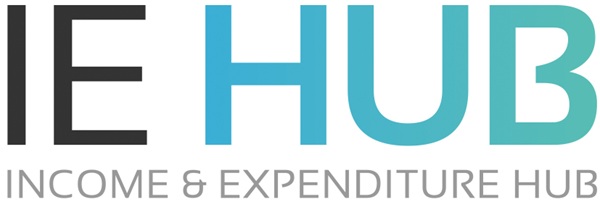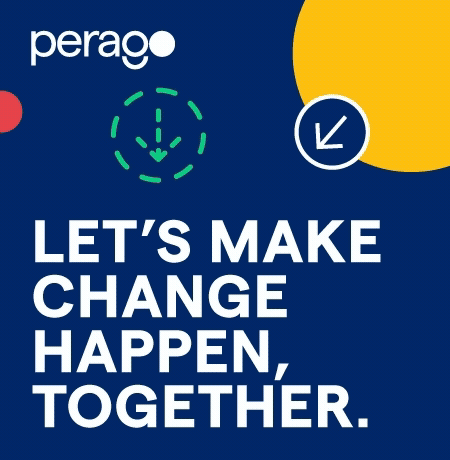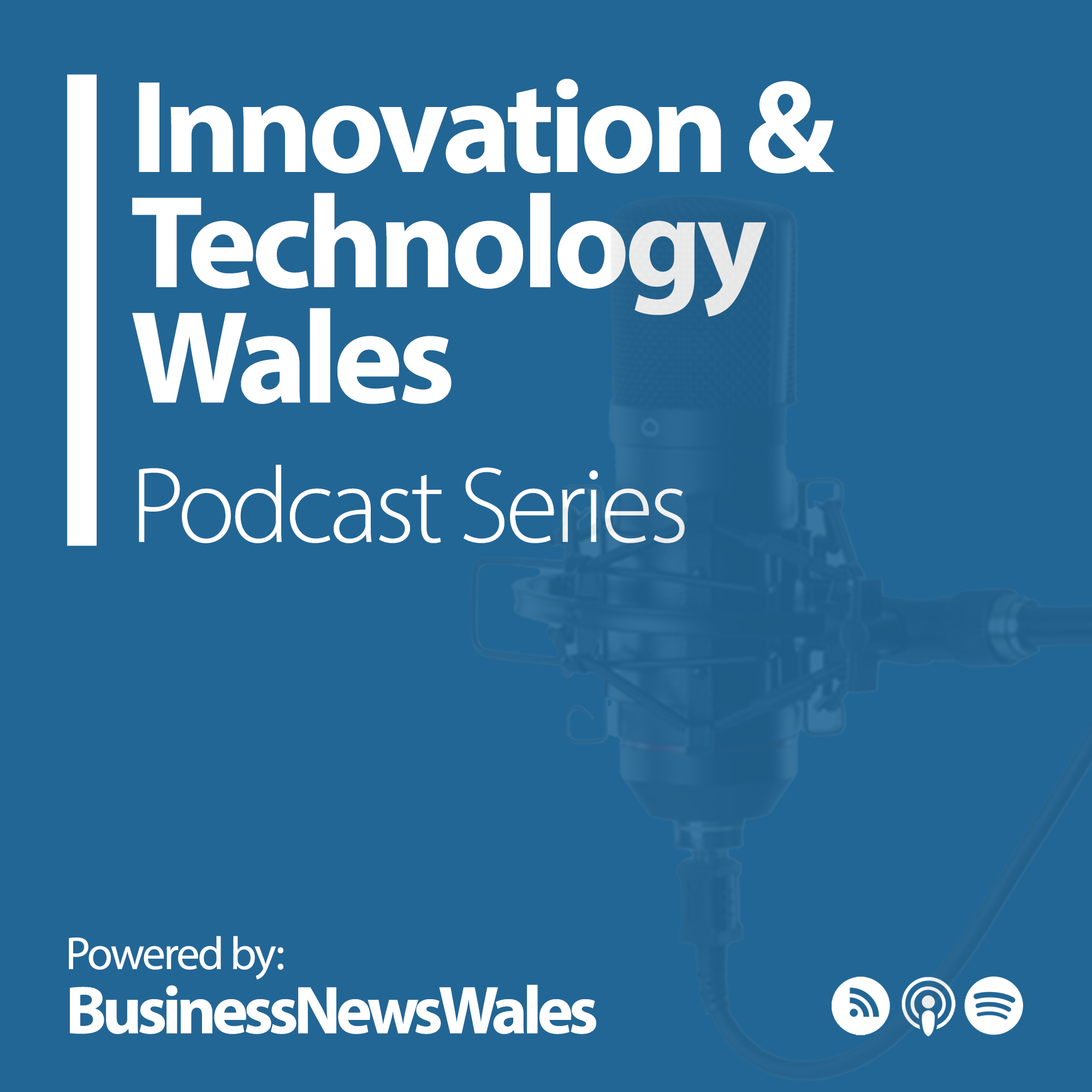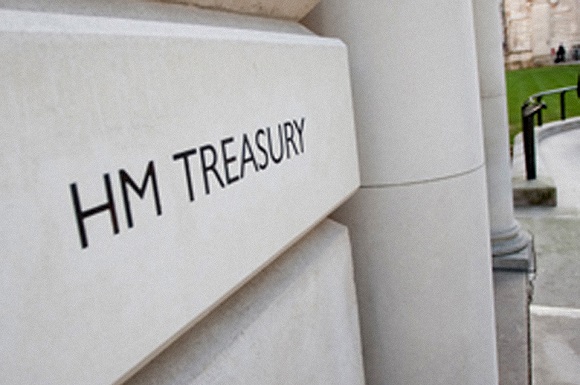
GUEST COLUMN:
Dylan Jones
CEO
IE Hub

In today's economy, data is king. We use data to run our businesses, manage our households, and make day to day decisions about our finances. We can’t get away from its importance, its relevance and its value, to both consumers and business owners alike.
For me, as someone deeply involved in the credit and collections space, I see firsthand how businesses rely on financial information to assess affordability, manage risk, and ensure compliance. In many other walks of business life, data is digitised, information stored, analysed and securely stored for future use and application. Yet, despite technological advancements, many organisations offering consumer credit still work with outdated, incomplete, or fragmented financial data gathered manually. This isn’t just a challenge for businesses, it directly impacts consumers, particularly those in financial difficulty.
At IE Hub, we are fundamentally a data company. While our mission is to support people struggling with debt, our core values lie in the real-time financial insights we provide. By enabling secure, up-to-date income and expenditure (I&E) assessments, we help businesses make smarter lending and collections decisions, while ensuring that consumers receive the support they need. In a time where regulatory frameworks like Consumer Duty are pushing for fairer treatment, access to the right data (at the right time) is not just an advantage to businesses, it’s essential.
Traditional financial data sources, such as ONS reports or credit reference agency records, provide a broad picture of economic trends but can’t give an immediate picture of what households are actually experiencing. With the cost-of-living crisis and fluctuating personal incomes, a family’s financial situation can change massively in just a few weeks. Relying on old data means missing opportunities to intervene early, before financial struggles escalate to crisis – and you as a business might be left permanently out of pocket.
Real-time data, particularly from income and expenditure (I&E) assessments, provide a more accurate and immediate view of affordability. This type of insight isn’t just useful for creditors or service providers, it’s important for shaping good financial support strategies.
But data should be something that we all factor into our business strategies day in day out. Who are our clients, how has that changed, what are they buying off us? Who is visiting our website, where are they from, what industries do they work in, how did they find us? These are just a few of the data points that most businesses will be looking at sporadically, but I believe that someone in your business should be analysing this data at least once a week to get an accurate and up to date picture of your business and who you are appealing to.
Add AI into this mix, of course, and all of this will be done for you and delivered to your inbox in an easily digestible and understandable report that you can use to change the way you work, who you market to or even what you sell. But how many of us do this and how many of us are actually harnessing the power of both the data we collect and the AI that is now widely available to get a competitive edge?
Working in data we see the power of it – we see how by using it correctly and sharing information with the right kinds of organisations can change the lives of people who are in financial difficulties, help them manage their debt and hopefully get out of their spiralling cycle of credit woes. And as financial difficulties become more complex, the role of real-time data in identifying, supporting, and protecting those most at risk has never been more important. By focusing on smarter data use, we can help make IE Hub into a system that is more responsive, more transparent, and far more effective at preventing financial hardship.
How many Welsh businesses can say that they are doing the same? Data is king – used well it can make or break a business. Ignored it is a wasted resource, and if you don’t maintain it and update it then it can lead a business down the wrong path. So, embrace your data, nurture it and most of all use it to get the competitive edge.
















